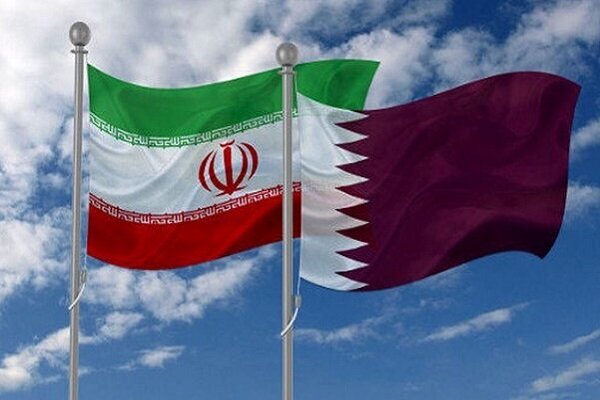Iran, Qatar to develop scientific co-op

TEHRAN – Iran’s Ministry of Science and Qatar’s Ministry of Education and Higher Education inked a memorandum of understanding (MOU) to expand scientific cooperation, IRNA reported on Sunday.
Respect for equality and common interests of the two countries have been declared as basic principles of the MOU with the observance of intellectual property laws, Hossein Salar-Amoli, head of the international scientific cooperation center of the Ministry of Science, said.
According to the cooperation agreement, the two countries support the creation of rules for the admission of university degrees and the exchange of certificates issued by scientific institutions.
“Supporting the exchange of scientific resources and documents related to the civilization, culture, and art of the two countries to be reflected in the educational books is one of the areas of scientific and cultural cooperation between Iran and Qatar.
Iran’s scientific diplomacy has reached up to 34 percent since 2021, the highest level in the past 20 years. Moreover, advanced educational programs, management of scientific research in the university community, teaching, and supervising student research are the priorities of the two countries for joint academic cooperation.
Exchanging faculty members and researchers, exchanging scientific and research information, holding seminars and scientific conferences, holding joint educational workshops, admitting undergraduate students in universities of both sides, and offering postgraduate study opportunities for faculty members are other important points.
Iran supports the development of Arabic in its education system and Qatar supports the development of Persian language in its education system,” he explained.
Iran’s science diplomacy at highest level in 20 years
Data from the Scopus International Citation Database show that Iran’s scientific diplomacy has reached more than 34 percent since the beginning of 2021, the highest level in the past 20 years.
Science diplomacy is the use of scientific collaborations among nations to address common problems and to build constructive international partnerships. It is a form of new diplomacy and has become an umbrella term to describe a number of formal or informal technical, research-based, academic, or engineering exchanges, within the general field of international relations.
Comparing the rate of 2020 with 2019, Iran with a growth of 12.5 percent and with a slight difference with India has gained second place in the world in terms of the growth of world science diplomacy, Mohammad Javad Dehghani, head of the Islamic World Science Citation Center (ISC), said.
In 2011, the share of Iranian articles with international participation was about 16.5 percent, which increased to 19.7 percent in 2016 and gradually in the following years, so that in 2020 and 2021, reached up to 30.5 and 34.2 percent, respectively, he added.
The share of Iranian articles with international participation has had significant growth of 209 percent during an eight-year period (2013-2020), becoming the Islamic world’s leading country in science diplomacy, according to the Scopus International Citation Database.
FB/MG
